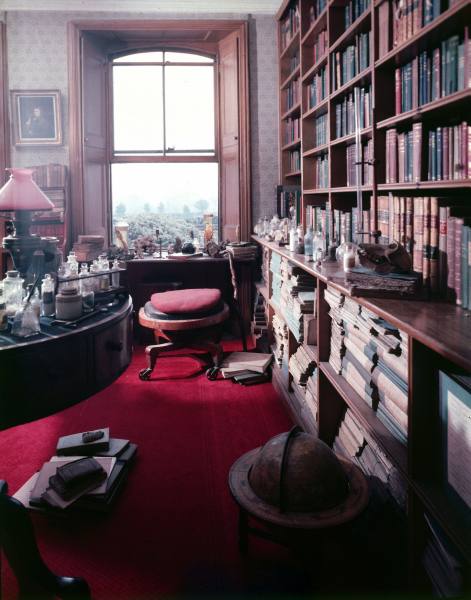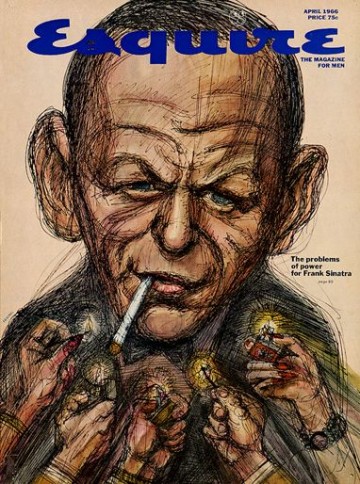Before clicking on this extraordinary video — which shows a meeting of civilizations that may never happen again on our planet — be sure to turn the sound off and spare yourself the awful soundtrack. The expressions on the faces of the Toulambi tribesmen are enough anyway, and even though history tells us that these parties end badly for the team with the fewest toys, you can’t help feeling a certain amount of awe and joy while watching the encounter.
This footage was shot in Papua New Guinea by Jean-Pierre Dutilleux, a Belgian filmmaker and activist perhaps best known for his Academy Award-nominated 1979 documentary Raoni: The Fight for the Amazon. You can visit Dutilleux’s web site to get more photos and a little more backstory on the Toulambi. Have a good weekend…
via Metafilter
Sheerly Avni is a San Francisco-based arts and culture writer. Her work has appeared in Salon, LA Weekly, Mother Jones, and many other publications. You can follow her on twitter at @sheerly.



